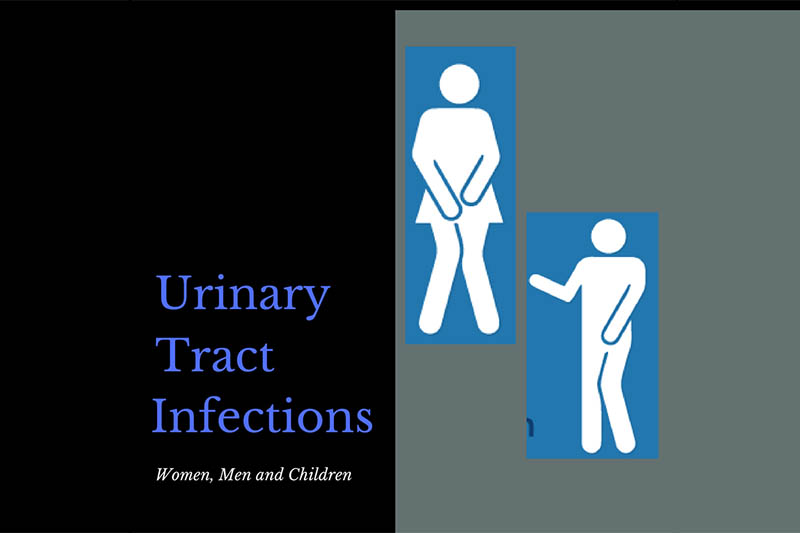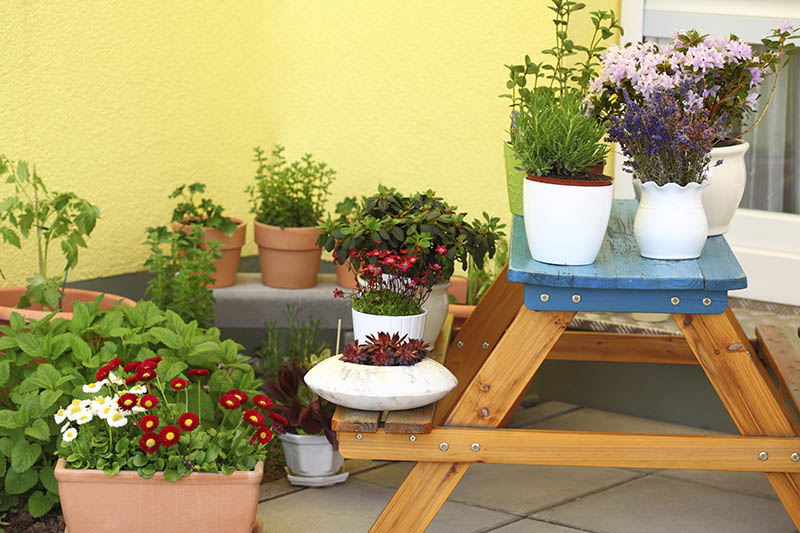
What are UTI’s? Urinary Tract Infections
Do you… Frequently or urgently need to urinate Often only pass small amounts of urine Have Pain or burning sensation when urinating These can be symptoms of urinary tract infections. There
Not only can indoor plants be aesthetically pleasing, they’re also great for your health.
There are many benefits of having indoor plants, from clearing toxins and pollutants, to creating a calming environment and an increase in productivity.
There are three main types of household toxins. They are: benzene, formaldehyde, and trichloroethylene. These toxins are produced in the production of synthetic materials, and are often produced from these new materials for some time. Some new items of furniture are coated with polybrominated diphenylethers (PBDE’s) which are a class of flame retardant chemicals notorious for emitting toxins into the air for years after manufacture.
Other toxins or toxic compounds around the home can include mould, lead, radon, bisphenol A, Triclosan, carbon monoxide, perfluorinated chemicals, volatile organic compounds (VOC’s), and phthalates. These toxins live in walls, air fresheners, paints, varnishes, fabric softeners, carpets, couch cushions, baby products, household cleaning products, deodorants, candles, vinyl, non-stick pans, Teflon, insulation, and many more seemingly harmless items.

Studies suggest that the indoor areas where we spend most of our time may be 2 – 5 times more polluted than outdoors.
Exposure to household toxins causes a variety of health concerns, including: cardiovascular disease, respiratory problems, asthma, coughing and wheezing, itchy eyes, sore throat, skin irritation, problems with the nervous and immune systems, infertility and reproductive issues, impaired memory, and mental and physical developmental delays in children. PBDE’s are also known to interfere with the thyroid hormone, which is essential for healthy brain development.
Many types of indoor plants emit high levels of oxygen, and are known to absorb certain household toxins from the air. A list of the most effective indoor plants to do so can be found at: http://www.sustainablebabysteps.com/types-of-houseplants.html
Studies show there are many positive benefits of indoor plants, with the only negative aspect being that some plants are poisonous to pets and small children. A list of toxic and non-toxic plants can be found on the ASPCA’s website: http://www.aspca.org/pet-care/animal-poison-control/toxic-and-non-toxic-plants
Purify the air: Plants remove toxins such as VOC’s, formaldehyde, benzene, and trichloroethylene from the air. A NASA study has found that plants can remove up to 87% of volatile organic compounds (VOC’s) every 24 hours. The plants do this by absorbing the contaminants into the soil, where root zone microorganisms convert VOC’s into food for the plant.
Improve health: Studies suggest that adding plants to hospital rooms speeds the recovery rates of surgical patients, while patients with plants in their room also required less pain medication than those without plants.
Reduces stress: Plants seem to have a positive, calming effect on people.
Reduces chances of illnesses: Plants filter airborne microbes which can infect or irritate airways. Also, when humidity levels are low, there is a greater risk for the development of viral infections.
Promotes sleep: Certain vapours from plants (such as lavender and jasmine) are known to aid in inducing sleep and lead to a more restful night’s sleep. Certain plants, such as gerbera daisies, release oxygen at night, so having some next to your bed at night will provide an optimal oxygen level while you sleep.
Improves focus and concentration: Being around plants has scientifically been shown to improve concentration, memory, and productivity. Studies show that studying around plants may improve memory retention by up to 20%. A different study suggests that attentiveness can be increased by up to 70% with the presence of plants.
Improves mental health: Plants increase our levels of positivity and make us feel relaxed. Caring for a living thing is very rewarding and gives a sense of purpose. Studies also suggest that people who spend their time caring for nature are more likely to care for others. Flowers are often associated with positive events and are therefore more likely to lift someone’s mood.
Reduces the risks of Alzheimer’s and dementia: Horticulture therapy is a practice that uses gardening as therapy. Outdoor gardening has been proven to reduce the risk of dementia by 36%. Indoor gardening practices include caring for pot plants, mini Zen gardens, herb gardens, or bonsai trees. This therapy improves self-regulation, thinking abilities, language and socialization skills, memory, and problem solving.
Prevents and relieves headaches: Indoor plants remove harmful toxins and compounds that can cause headaches and other health issues. They also absorb carbon dioxide, removing it from the air, and therefore preventing that stuffy, stale environment that causes headaches.
Lowers blood pressure: Plants reduce stress and therefore contribute to lower blood pressure.
Prevents drowsiness and fatigue: In high levels, carbon dioxide causes drowsiness and fatigue in many people. Plants absorb the carbon dioxide from the environment, producing extra oxygen and resulting in a less stuffy, lethargic living environment.
Plants can negate cigarette smoke: This is especially helpful if you are a smoker or living with one.
Certain plants can clear congestion: Plants such as eucalyptus and lavender for example, are proven to clear phlegm and congestion from the system.
Lower background noise: Studies show that plants and their leaves absorb, diffract, or reflect background noise, making a calmer and more comfortable environment.
Reduces allergies: Exposing children to indoor plants at a young age can help them build a tolerance to plant allergens such as pollen.
Improves relationships: People who spend more time around plants are more likely to have more empathy and compassion towards others.

Do you… Frequently or urgently need to urinate Often only pass small amounts of urine Have Pain or burning sensation when urinating These can be symptoms of urinary tract infections. There
Disclaimer – Our intent is not to diagnosis but to offer information on therapy choices and practitioners. Information on this site is intended general educational purposes only. Any statements made are carefully referenced and any information, products or services discussed are not intended to diagnose, cure, treat or prevent any disease or illness. Please consult a healthcare practitioner before making a choice.